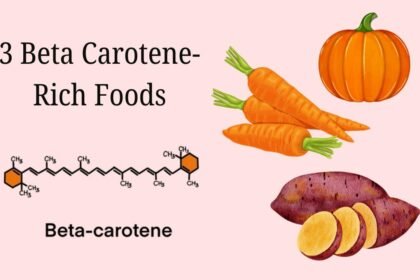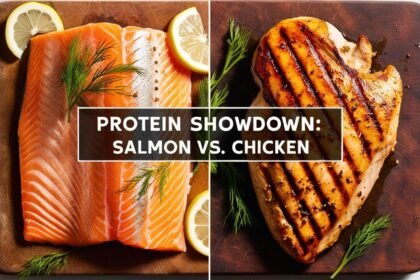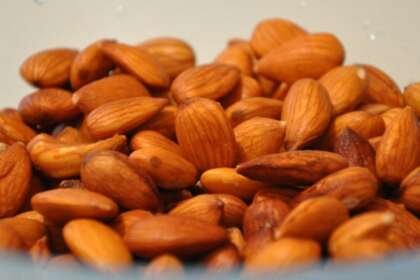To build and keep muscle mass, protein is a necessary nutrient that is very important. People have different ideas about whether plant or animal protein is better for building muscle and staying strong.
The goal of a recent systematic review and meta-analysis of randomized controlled trials was to find out how lean mass and muscle power are affected by animal and plant protein.
Let’s make the results simple to understand.
Why Is Muscle Mass Important?
Muscle is not just for athletes and bodybuilders—it plays a vital role in overall health. It helps:
- Support body movements
- Maintain balance and stability
- Store energy for future use
- Regulate blood sugar levels
- Prevent age-related muscle loss (sarcopenia)
Naturally, people lose muscle mass as they age. This can make them weak, cause them to fall, and lower their quality of life. That’s why it’s so important to keep strength by eating right and working out.
How Does Protein Help Build Muscle?
Our muscles are always getting stronger and weaker. Muscle must be broken down faster than it is built, so the rate of muscle protein synthesis (MPS) must be higher. When you eat protein and do resistance training, you activate MPS.
Muscle growth is affected in different ways by different protein sources. Because they have all the essential amino acids the body needs, animal proteins like meat, eggs, and dairy are thought to be of better quality.
There may be less of some important amino acids in plant proteins like those found in soy, peas, and rice, but these proteins can still help your muscles grow.
The Study: Comparing Animal and Plant Protein for Muscle Growth
The study looked at information from 18 randomized controlled trials to see what difference there was in muscle mass and power between plant and animal protein.
There were both younger and older people in the group, and some of them did resistance exercise training (RET).
Key Findings:
- Both animal and plant protein increased lean mass and muscle strength.
- Participants who consumed either type of protein showed improvements in muscle growth.
- However, animal protein led to slightly higher gains in lean mass compared to plant protein.
- Animal protein showed a small advantage in increasing lean mass.
- In younger adults (under 50 years), animal protein resulted in greater muscle mass gain.
- However, in older adults (50+ years), there was no significant difference between animal and plant protein.
- Resistance exercise was the most important factor for muscle growth.
- Whether consuming animal or plant protein, those who engaged in resistance exercise (such as weightlifting) saw the most significant muscle gains.
- Without exercise, protein intake alone did not have a strong impact on muscle growth.
- Muscle strength improvements were similar for both protein sources.
- There was no significant difference in grip strength, leg extension, or squat strength between those who consumed animal protein and those who consumed plant protein.
Why Does Animal Protein Have a Slight Advantage?
The small advantage of animal protein can be attributed to several factors:
- Complete amino acid profile: Animal protein contains all essential amino acids in ideal proportions.
- Higher leucine content: Leucine is a key amino acid that triggers muscle protein synthesis.
- Better digestibility: Animal proteins are more easily absorbed and utilized by the body.
However, this does not mean plant protein is ineffective. Many studies show that plant protein can support muscle growth when consumed in sufficient amounts and combined with a balanced diet.
How to Optimize Muscle Growth with Plant Protein
If you prefer plant-based protein sources, here’s how you can maximize their effectiveness:
- Combine different plant proteins to ensure all essential amino acids are included (e.g., mix beans and rice).
- Increase total protein intake since plant proteins may be less bioavailable.
- Choose high-quality plant protein sources like soy, pea, and quinoa, which have better amino acid profiles.
- Pair protein intake with resistance training to boost muscle gains.
Conclusion: Which Protein Is Better?
- Both animal and plant proteins can help your muscles grow if you eat enough of them and do strength training.
- For younger people, animal protein may be slightly better, but plant protein is still useful.
- It’s not just the type of protein that matters for muscle growth; it’s also how well you eat, how much you work out, and how often you do it.
The best protein source is the one that fits your health goals, way of life, and food tastes. No matter what kind of protein you choose—animal or plant—making sure you eat it regularly and work out properly will help you build and keep muscle.











